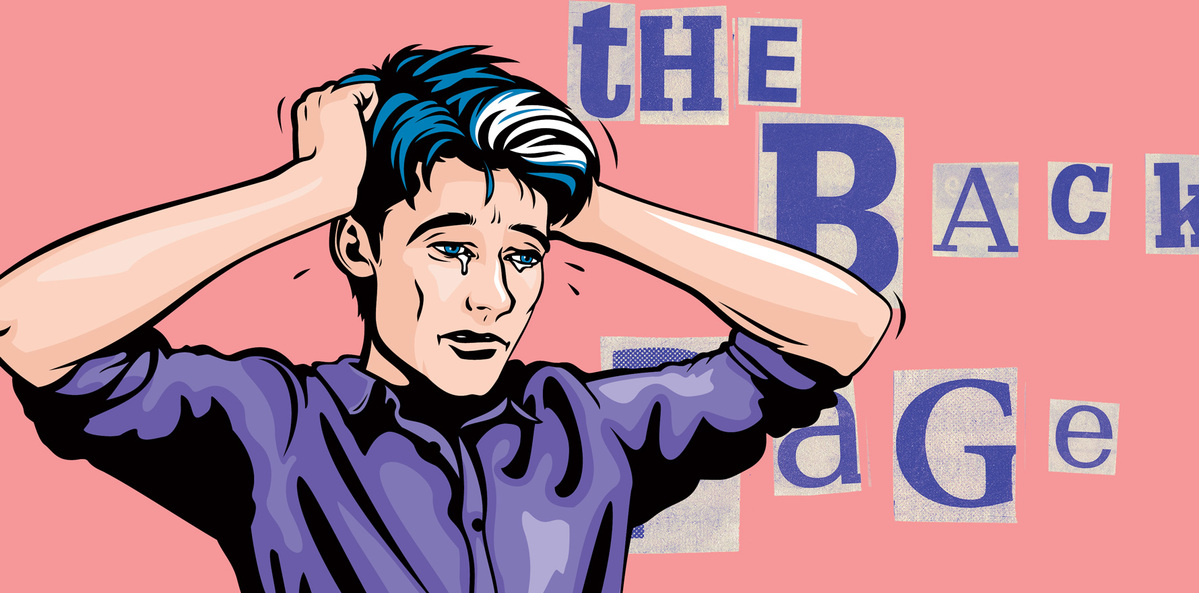The stiff upper lip may be overrated.
Are you a fidgeter, or a nail-biter? Or maybe you are a hair-twirler or a scratcher?
Such physical quirks have long been noted as manifestations of feeling stress, not only in humans but also among other primates.
But did you know that these outwards signals of being in a weakened state can also make you more likeable and prompt a positive reaction in others?
This counterintuitive finding is outlined in a study by scientists at Nottingham Trent University and the University of Portsmouth, recently published in the journal Evolution and Human Behavior.
Conventional thinking would suggest that, from an evolutionary perspective, such overt signs of stress would be taken advantage of by stronger competitors and would therefore be weeded out of the gene pool, rather than stubbornly persist.
In the study, participants were videoed while taking part in a mock presentation and interview. The performances were then rated by observers who were asked to evaluate how stressed they thought the presenters appeared.
Surprisingly, the participants who were identified as being more stressed during the task, were also perceived as being more likeable.
“We wanted to find out what advantages there might be in signalling stress to others, to help explain why stress behaviours have evolved in humans,” one of the study’s research fellows, Dr Jamie Whitehouse, told media.
“If producing these behaviours leads to positive social interactions from others who want to help, rather than negative social interactions from those who want to compete with you, then these behaviours are likely to be selected in the evolutionary process.
“We are a highly cooperative species compared to many other animals, and this could be why behaviours which communicate weakness were able to evolve.”
All of which suggests, the advice given to nervous presenters to “put a brave face on things” may be off the mark.
If you see something you’re itching to share, scratch out an email to penny@medicalrepublic.com.au


